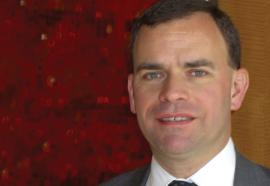A 2007 law essentially prohibits California utilities from signing long-term contracts for power, including those from out of state, unless they emit less than 1,000 pounds of CO2/MWh of electricity produced. While the law does not specifically bar coal-fired generation, the limit is set low enough to rule out all coal-power plants. A modern, highly efficient natural gas-fired plant barely would qualify. These measures, plus the new carbon-cap law going into effect by 2012, have sent utilities—large and small, private as well as municipal or city-owned—into a frenzy as they scramble to find alternatives to coal to meet their future demand.










